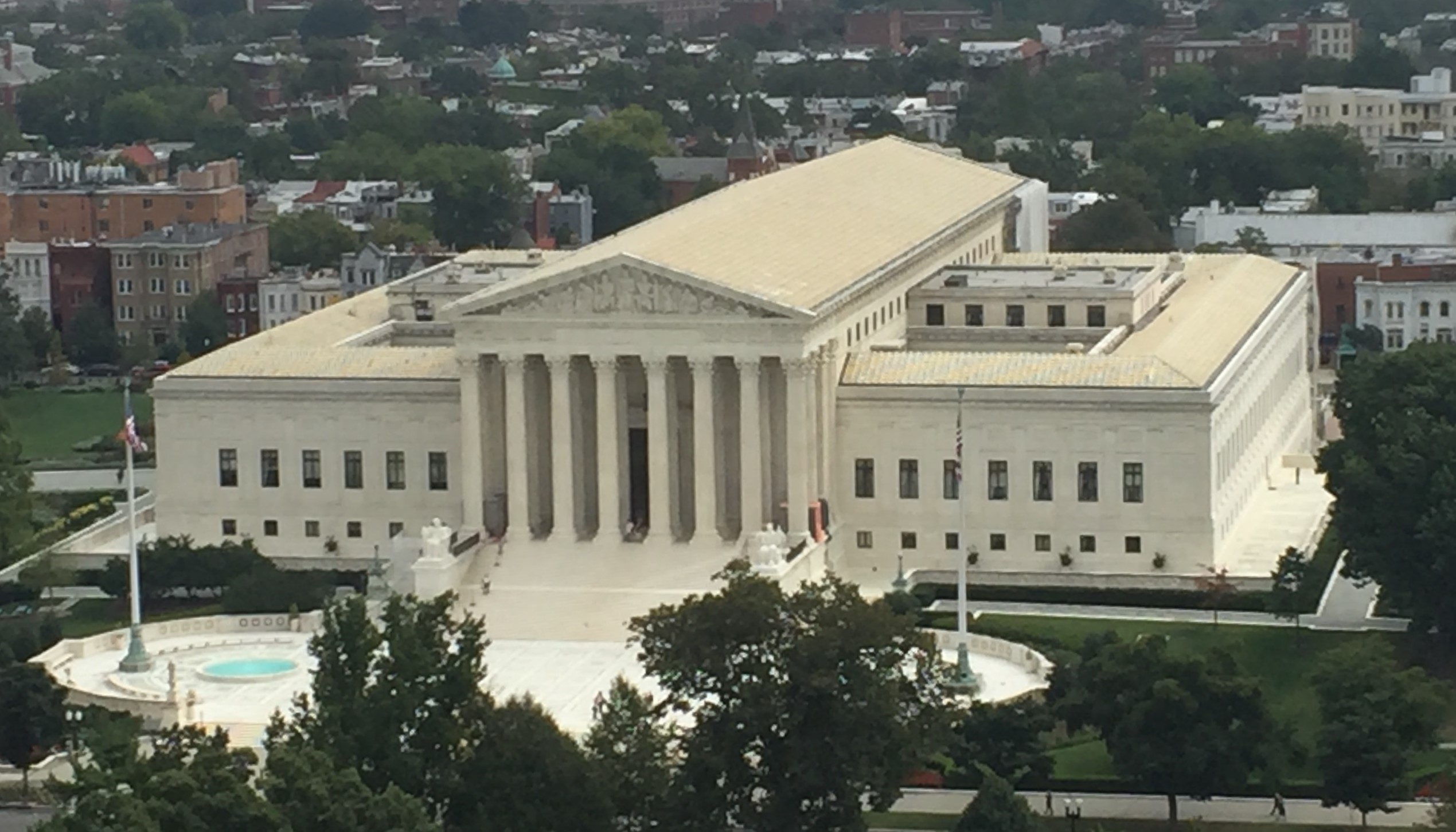Appellate courts
Enlarge text Shrink text- UMI business vocab.(Courts of appeals)
An appellate court, commonly called a court of appeal(s), appeal court, court of second instance or second instance court, is any court of law that is empowered to hear a case upon appeal from a trial court or other lower tribunal. Appellate courts other than supreme courts are sometimes named as Intermediate appellate court. In much of the world, court systems are divided into at least three levels: the trial court, which initially hears cases and considers factual evidence and testimony relevant to the case; at least one intermediate appellate court; and a supreme court (or court of last resort) which primarily reviews the decisions of the intermediate courts, often on a discretionary basis. A particular court system's supreme court is its highest appellate court. Appellate courts nationwide can operate under varying rules. Under its standard of review, an appellate court decides the extent of the deference it would give to the lower court's decision, based on whether the appeal were one of fact or of law. In reviewing an issue of fact, an appellate court ordinarily gives deference to the trial court's findings. It is the duty of trial judges or juries to find facts, view the evidence firsthand, and observe witness testimony. When reviewing lower decisions on an issue of fact, courts of appeal generally look for clear error. The appellate court reviews issues of law de novo (anew, no deference) and may reverse or modify the lower court's decision if the appellate court believes the lower court misapplied the facts or the law. An appellate court may also review the lower judge's discretionary decisions, such as whether the judge properly granted a new trial or disallowed evidence. The lower court's decision is only changed in cases of an "abuse of discretion". This standard tends to be even more deferential than the "clear error" standard. Before hearing any case, the court must have jurisdiction to consider the appeal. The authority of appellate courts to review the decisions of lower courts varies widely from one jurisdiction to another. In some areas, the appellate court has limited powers of review. Generally, an appellate court's judgment provides the final directive of the appeals courts as to the matter appealed, setting out with specificity the court's determination that the action appealed from should be affirmed, reversed, remanded or modified. Depending on the type of case and the decision below, appellate review primarily consists of: an entirely new hearing (a non trial de novo); a hearing where the appellate court gives deference to factual findings of the lower court; or review of particular legal rulings made by the lower court (an appeal on the record).
Read more on Wikipedia >
 Topic
Topic






